calsfoundation@cals.org
Rock and Roll Music
Although the roots of rock and roll music can be traced back much farther, the genre made its musical debut in the early 1950s with artists such as Little Richard, Elvis Presley, and Jerry Lee Lewis, all of whom helped shape what rock music has become. The music of the 1950s gave way to the 1960s and the popularity of surf music, as well as the very significant “British Invasion.” Arkansas musicians played an important part in this burgeoning genre.
In the mid-1960s, Little Rock (Pulaski County), along with many other mid-sized American cities, saw an explosion in the formation of garage bands, all of which began competing for performance spots at school, fraternity, and country club engagements. This excitement quickly spread to other Arkansas cities and towns. Musicians from around the state flocked to Little Rock to take part in the action. Bands began performing at Moses Melody Shop in Little Rock for Saturday KALO radio broadcasts and cut their demos at Jaggers Recording Studio. Others taped sessions for commercial release through the My Records label and E&M Recording Company.
Along with local success came national recognition, and many musicians from Arkansas achieved national and international success. Kingsland (Cleveland County) native Johnny Cash, though predominantly known for his success as a country artist, influenced the careers of many rock artists of the era. Newport (Jackson County) native Sonny Burgess was best known as one of the original rock and roll recording artists for Sun Records in Memphis, Tennessee. Glen Campbell, a Pike County native, was an acclaimed pop/country singer and songwriter whose succession of hits included “By the Time I Get to Phoenix,” “Wichita Lineman,” and “Rhinestone Cowboy”; in the mid-1960s, he played guitar and sang harmonies as a temporary replacement for Brian Wilson in the Beach Boys. Huntsville (Madison County) native Ronnie Hawkins and Levon Helm, a Marvell (Phillips County) native, were both known for their work with the Canadian group the Band as well as their solo careers. Dale Hawkins Jr., cousin to Ronnie Hawkins, was known for his rockabilly roots, and the sound he created came to be known as “Swamp Rock.” This unique type of music of the late 1960s is characterized by genre influences such as zydeco, Cajun, blues, and pop. Black Oak Arkansas, a Southern hard rock band fronted by Black Oak (Craighead County) native “Jim Dandy” Mangrum, reached great musical success in the 1970s. Randy Goodrum, born in Hot Springs (Garland County), is a Grammy Award–winning adult contemporary music songwriter and producer who penned such 1980s rock hits as “Foolish Heart” and “Oh Sherrie.”
As in other places, rock music in Arkansas was spawned from a variety of genres ranging from country to blues to rockabilly. During the 1970s and 1980s, rock music began taking on other forms such as punk and what became known as metal, and the Arkansas scene continued to evolve and expand during the 1980s to include a unique punk and metal scene. In the late 1980s, an underground music scene emerged in Arkansas that grew rapidly in popularity and notability. During this time, teens began booking their own shows, selling their own records, and even starting small independent record labels. This led many young bands to success opening for national acts while giving them the opportunity to write, record, and market their own music. This process helped them build a tight-knit underground community that existed and flourished for several years, as documented in the 2007 film Towncraft, which features Little Rock bands Ho-Hum (whose guitarist Kevin Kerby later formed Mulehead), American Princes, and others.
More recent times have seen other musicians and bands succeed in the rock genre, including the Arkansas-based band Evanescence, whose 2003 major-label debut Fallen catapulted them onto the charts. Little Rock native Ben Nichols is the frontman for the Memphis, Tennessee–based Lucero, an alt-country-rock band that formed in 1999. Beth Ditto of Judsonia (White County) formed her punk-rock group Gossip in Olympia, Washington, the same year. Pop and rock musician Kris Allen of Conway (Faulkner County) was the winner of American Idol in 2009 and had released two albums by 2012; he was inducted into the Arkansas Entertainers Hall of Fame in 2012. By 2019, Little Rock alt-rocker Adam Faucett had released five solo albums.
Arkansas’s emerging underground metal scene is most prevalent in the Little Rock metropolitan area. Bands such as Rwake, Deadbird, and Vore, as well as Christian death metal band Living Sacrifice, are making their mark. Over the years, venues in Little Rock such as Downtown Music and Vino’s, as well as the Soundstage in Conway, frequently hosted metal shows promoting local talent.
Arkansas is also home to several notable venues that have hosted a number of major concerts over the years. These have included Barton Coliseum, Simmons Bank Arena (formerly known as Alltel Arena and Verizon Arena), and Robinson Center Music Hall. Several of the larger universities such as the University of Arkansas in Fayetteville (Washington County), the University of Central Arkansas (UCA) in Conway, and Arkansas State University (ASU) in Jonesboro (Craighead County) also host a variety of national acts. Smaller venues such as Juanita’s (which closed in 2015), the White Water Tavern, Stickyz Rock ‘N’ Roll Chicken Shack, South on Main, and the Revolution Room have hosted up-and-coming national acts as well as local artists and bands.
Many recording studios can be found across the state, some of which are noted for recording and producing songs by national acts. The careers of many local artists were launched from demos and full-length albums recorded at studios such as Crystal Recording Studios in Bryant (Saline County), Hawk’s Nest Studio in North Little Rock (Pulaski County), and Winterwood Recording Studios in Eureka Springs (Carroll County).
Over the years, Arkansas musicians and fans have kept up with the local music scene through Night Flying, a free, monthly music publication launched on December 8, 1980, by Peter Read. It quickly gained notoriety and remains a prominent musical resource throughout the state, the only publication of its kind in Arkansas focusing on local music and musicians.
For additional information:
Cochran, Robert. Our Own Sweet Sounds: A Celebration of Popular Music in Arkansas. 2nd ed. Fayetteville: University of Arkansas Press, 2005.
Horne, Margaret Suzanne Huckett. “Power and Performance: Punk and Metal Music in a Small Southern Town.” PhD diss., University of Arkansas, 2008.
The Little Rock Sound, 1965-69. Liner notes by Bill Jones. Little Rock: Butler Center for Arkansas Studies, 1999.
Matson, Richard, director. Towncraft. DVD. Matson Films, 2007.
Elizabeth Whitaker
Little Rock, Arkansas
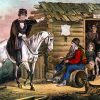 Arts, Culture, and Entertainment
Arts, Culture, and Entertainment Falco, Tav
Falco, Tav Janes, Roland
Janes, Roland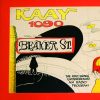 KAAY
KAAY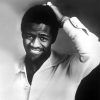 Music and Musicians
Music and Musicians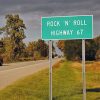 Rock 'n' Roll Highway 67
Rock 'n' Roll Highway 67 Saunders, Michael Earl (Mike)
Saunders, Michael Earl (Mike) Vaden Records
Vaden Records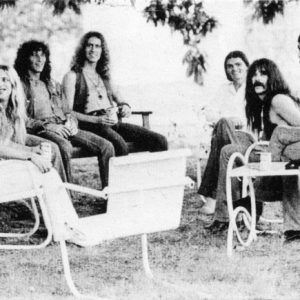 Black Oak Arkansas
Black Oak Arkansas  "Bring Me to Life," Performed by Evanescence
"Bring Me to Life," Performed by Evanescence 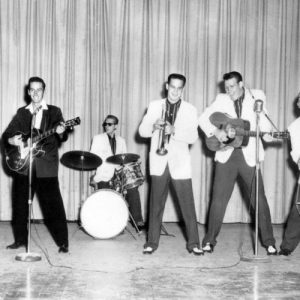 Sonny Burgess and the Pacers
Sonny Burgess and the Pacers 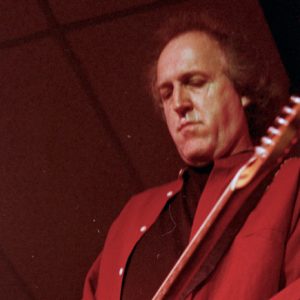 Earl Cate
Earl Cate  Evanescence
Evanescence 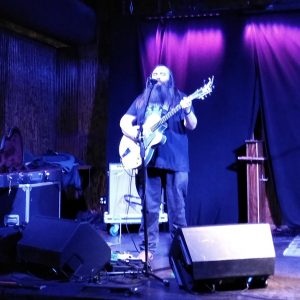 Adam Faucett
Adam Faucett 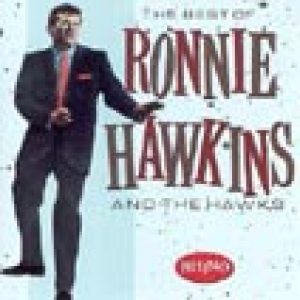 "Forty Days," Performed by Ronnie Hawkins
"Forty Days," Performed by Ronnie Hawkins 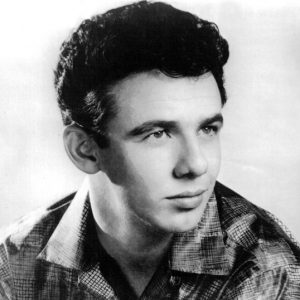 Dale Hawkins
Dale Hawkins 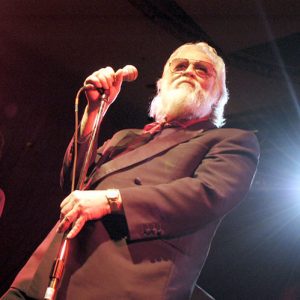 Ronnie Hawkins
Ronnie Hawkins 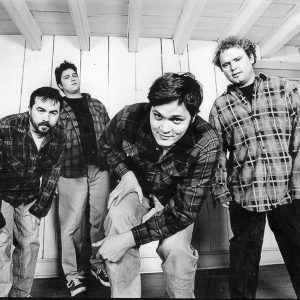 Ho-Hum
Ho-Hum 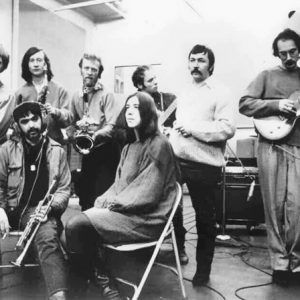 The Insect Trust
The Insect Trust  "Jim Dandy," Performed by Black Oak Arkansas, Featuring Ruby Starr.
"Jim Dandy," Performed by Black Oak Arkansas, Featuring Ruby Starr. 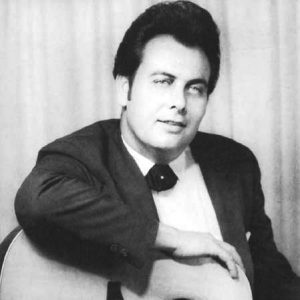 Sleepy LaBeef
Sleepy LaBeef 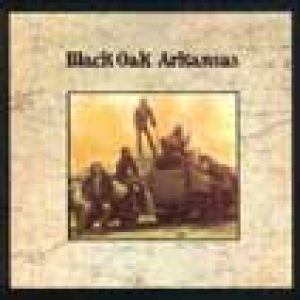 "Lord Have Mercy on My Soul," Performed by Black Oak Arkansas
"Lord Have Mercy on My Soul," Performed by Black Oak Arkansas 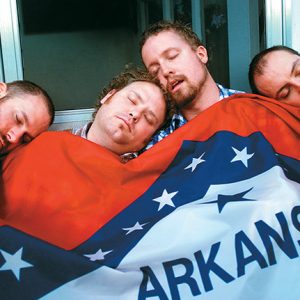 Mulehead
Mulehead  "Peter Gunn," Performed by Roy Buchanan
"Peter Gunn," Performed by Roy Buchanan 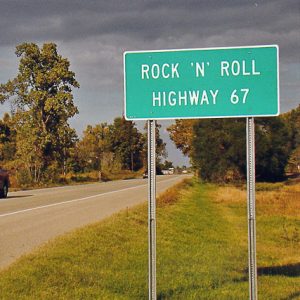 Rock 'n' Roll Highway
Rock 'n' Roll Highway  Ruby Starr
Ruby Starr 



Comments
No comments on this entry yet.